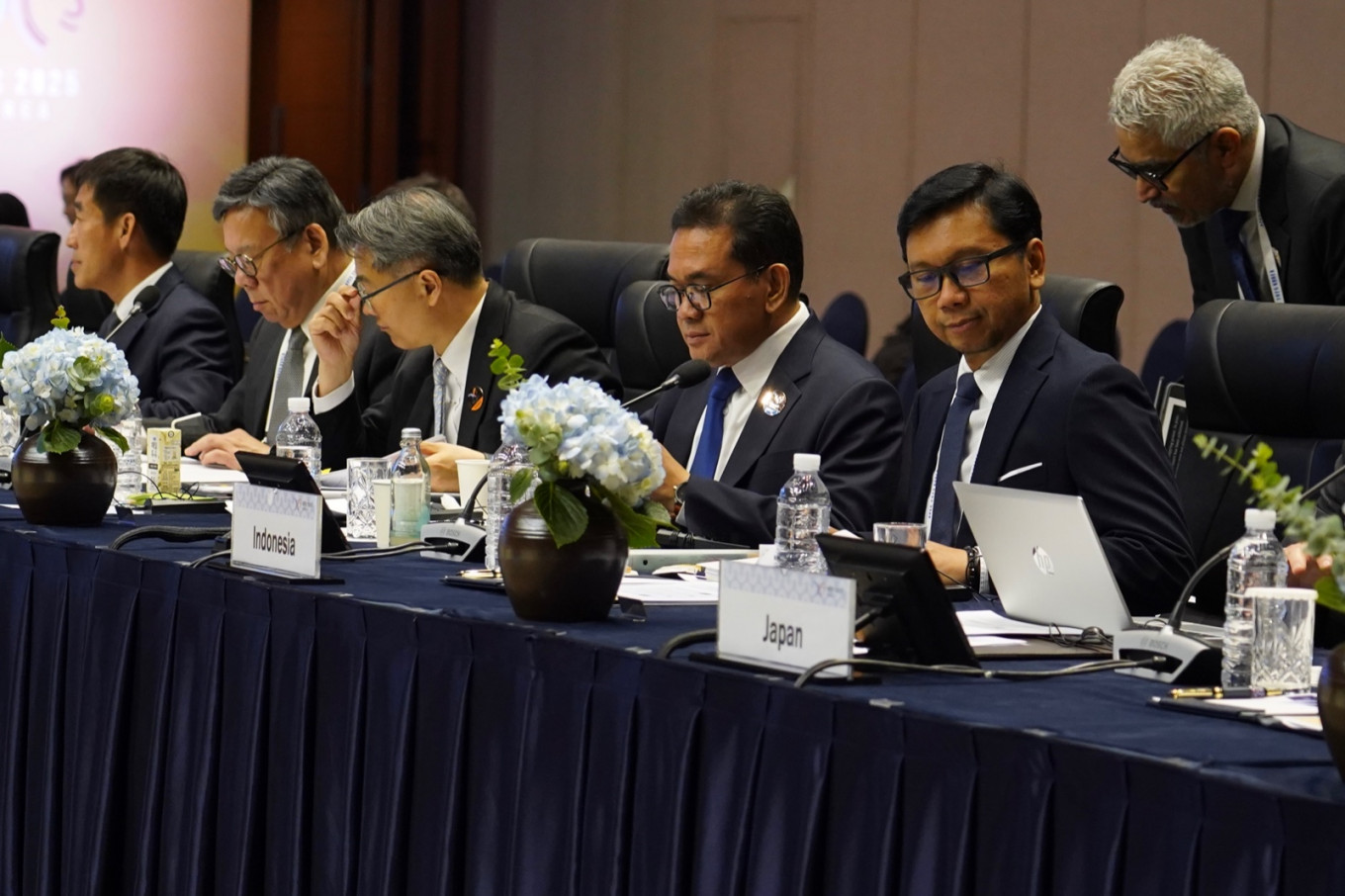he recently signed Indonesia-European Union Comprehensive Economic Partnership Agreement (IEU-CEPA) will prompt both sides to loosen their policies on non-tariff barriers, Trade Minister Budi Santoso has said.
Not only would the agreement abolish tariffs on many traded goods, but “many non-tariff barriers will disappear as well”, Budi told reporters on Monday, adding that “many of the barriers will soften”.
Indonesia and the EU had been negotiating the CEPA since 2016, and a deal was finally concluded and signed on Sept. 23. Budi said he hoped the agreement would eventually double the trade between Indonesia and the bloc of European countries.
The ministry’s international trade negotiations director general, Djatmiko Bris Witjaksono, who was Indonesia’s lead negotiator for the trade pact, said on Monday that the CEPA itself did not contain or address specific nontariff barriers imposed by either side.
However, the agreement did have a provision recording commitments from both sides to address any unilateral policy posing a concern for bilateral trade.
“We’re legally bound to find a solution”, said Djatmiko before the audience in a public forum.
From Indonesia’s side, a policy that could be renegotiated with the EU was halal certification, which has been a sticking point for European exporters.

